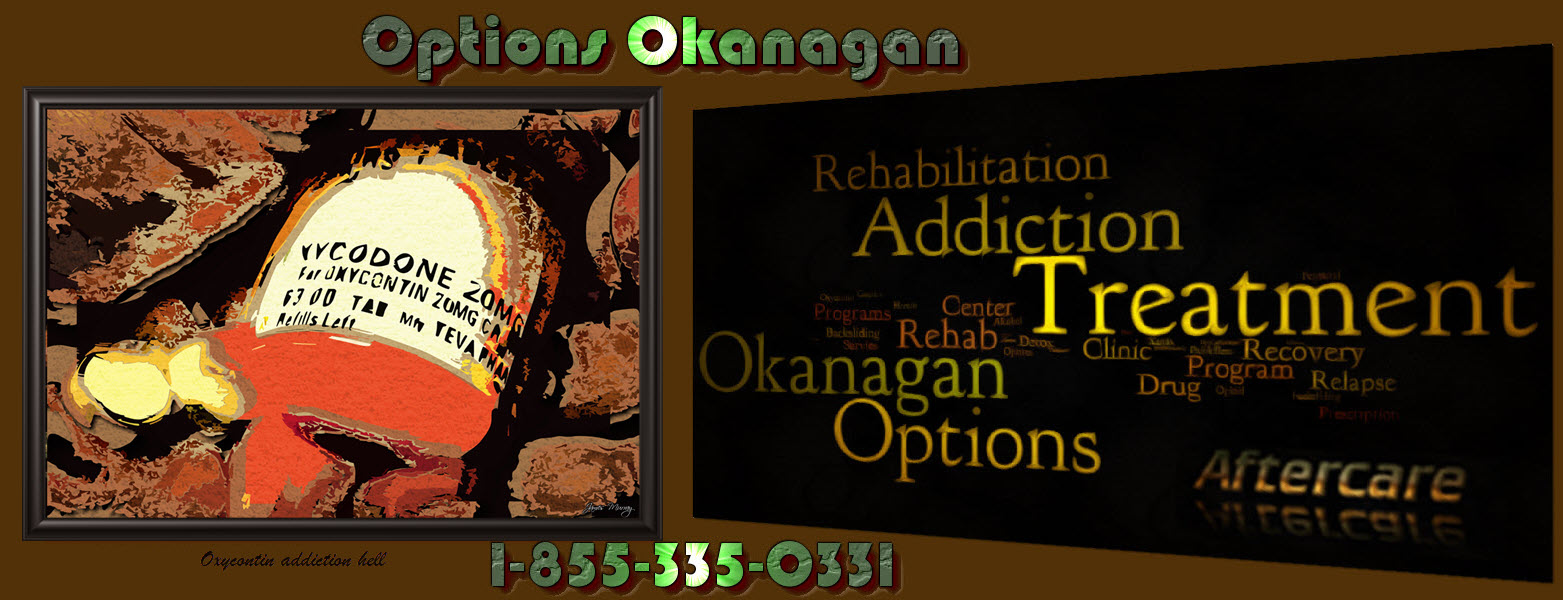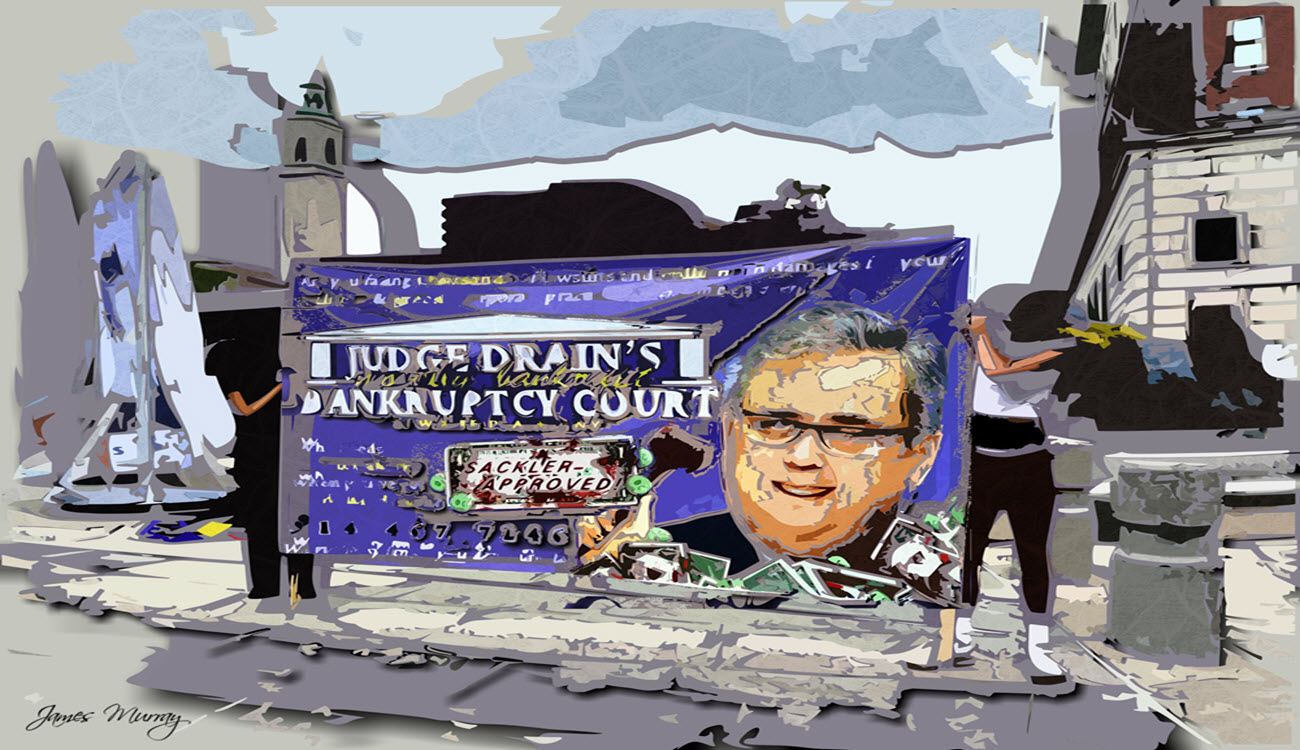A new way of thinking about prescription drug addiction – Abuse of prescription drugs – Opiate and prescription drug intervention and rehab in British Columbia and Alberta – Options Treatment Center in Kelowna, British Columbia treating prescription drug, opiate, fentanyl, heroin and alcohol addiction and recovery.
Prescription Drug Rehabs In Alberta And BC
To heal from addiction to prescription drugs, one must understand the social messages that lead to addiction. Some people find that attending group therapy is an effective way to learn this lesson. While listening to individuals discuss how their prescription drug abuse started and how it spiraled totally out of control, they begin to understand the dangers and addiction potential of these prescribed drugs. These messages gave them more motivation to fight the craving for self-medication and information on how to fight these prescription drug addiction cravings.
It is also common for addiction to coexist with mental disorders. About 15% of students reported using prescription drugs for non-medical reasons, and students with depression symptoms abused prescription opiates while other students without those symptoms did not abuse these drugs. Depression and clinical depression especially with addiction can worsen and cause some addicts to consider or even attempt suicide. In one study, researchers found that approximately 18 percent of opioid/opiate prescription addicts attempted suicide.
In prescription drug treatment programs, the therapist determines the mental state of the patient and provides them with therapeutic tools to help them. For example, depression can be rooted deep in the trauma a person suffered years ago. Anxiety can be caused by a previous injury or mental illness such as bipolar disorder or borderline personality disorder. Various therapeutic tools are useful to help people cope with mental disorders. Treating addiction and mental health at the same time results in better outcomes and doing more to prevent prescription drug addiction relapses.
Addiction treatment and therapy will help addicted individuals learn how to manage these cravings for prescribed opiates and what to do when they happen. Before an addict enters a treatment program, they may not know why they are using these drugs. An addicted individual might be thinking, “I suddenly woke up, and now I need these prescription drugs to function.” In therapy, addicts learn that drug use begins with negative self-talk; the subconscious mindset that drives drug use. A flash of fear, a hint of sadness, or a lingering feeling of dread can immediately lead to a thirst for medication. In therapy, people learn to understand these desires and how to deal with them without medication.
Make corrections
Some prescription drugs change the way a person’s brain works on a semi-permanent basis. Individuals who try to stop taking the medication suddenly experience unpleasant side effects as their brain tries to function without access to the medication. Other individuals may experience a strong desire or craving for the prescription drug that will lead to drug abuse and addiction.
Drugs designed to treat opioid addiction are useful. These drugs attach to the same pleasure receptors used by some prescription drugs, greatly reducing feelings of discomfort and desire for their drug of choice. Drugs such as methadone, buprenorphine, and naltrexone treat opioid addiction and increase a person’s chances of staying on treatment compared to those who do not receive the drugs. Replacement therapy allows patients to participate in treatment without feeling overwhelmed by the need to take medication.
Some individuals take drug therapy for a short time until they feel strong enough to cope with their cravings for the drug on their own. Other individuals use these drugs for weeks, months, or even years. While it is perfectly acceptable for individuals to receive replacement therapy for long periods of time, physicians will monitor patients closely for replacement drug abuse. Some medications, including buprenorphine, contain precautions that make drug treatment abuse less likely, but monitoring is necessary to avoid an opioid relapse.
New Way Of Thinking About Prescription Drug Addiction
Options Okanagan Opiate and Alcohol Treatment Centers in Kelowna, Salmon Arm and Vancouver, British Columbia – Men and Women are recovering and healing from Alcohol and Drug Abuse at our treatment center here in the Okanagan right now.
Our unique and distinctive Opiate Drug and Alcohol treatment program allow men and women to come in from Calgary as well as Edmonton as we offer airport pickup.
Numerous clients come to us from Vancouver, Calgary, and Edmonton and other locations in Alberta and even other provinces for Opiate addiction treatment, heroin drug treatment, many other drugs, and alcohol addictions for rehabilitation because of the uniqueness of our treatment center.
Our (Kelowna) Alcohol and Drug Treatment Program Location:
(Not Mailing Address) – Contact Us – Web Page
For Mail Delivery :: Please contact each center for correct mailing addresses, also this location is the location of our residential treatment programs in Kelowna. Please call Toll Free 1-855-335-0331 – to contact the treatment center you are going to for the address and directions.
Options Okanagan Drug and Opiate Treatment Center
551 Sherrydale Crescent, Kelowna, British Columbia, V1V 2E6
Toll-Free Phone Number: 1-855-335-0331




